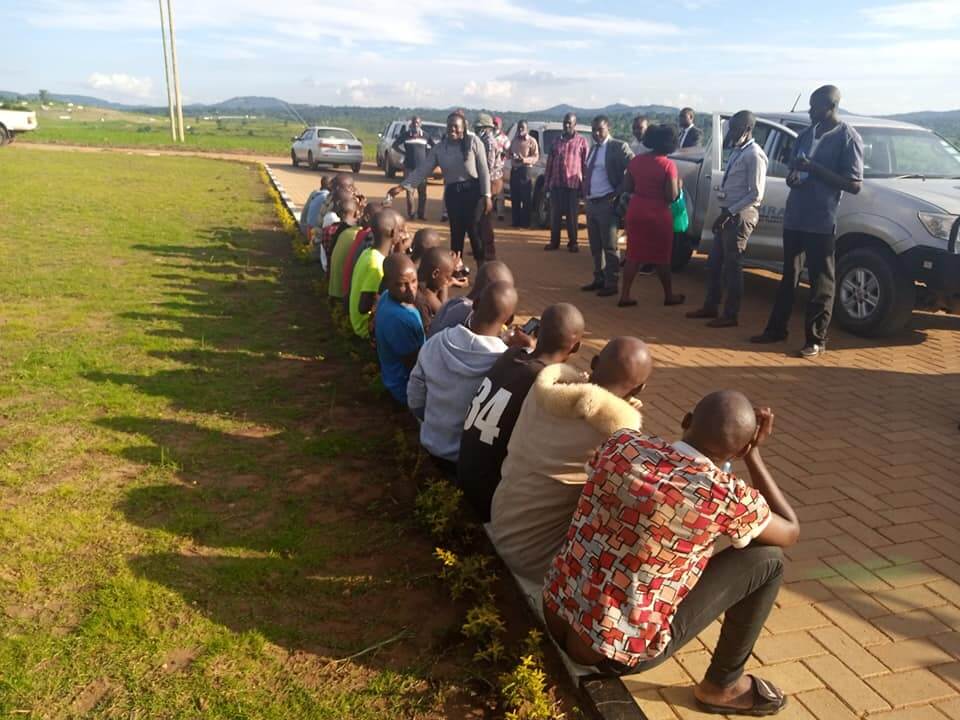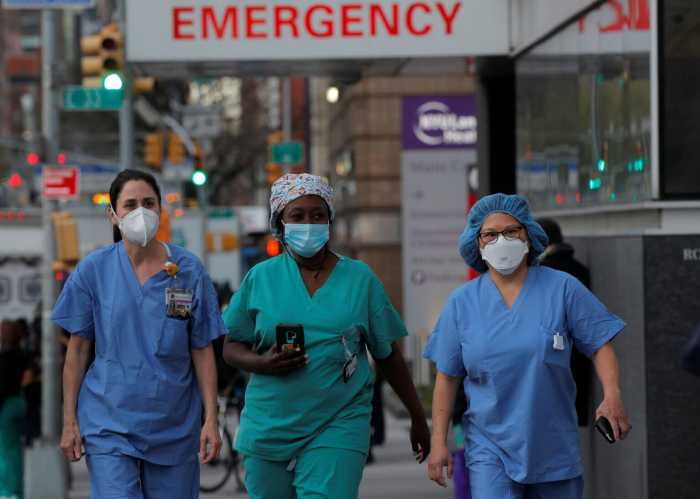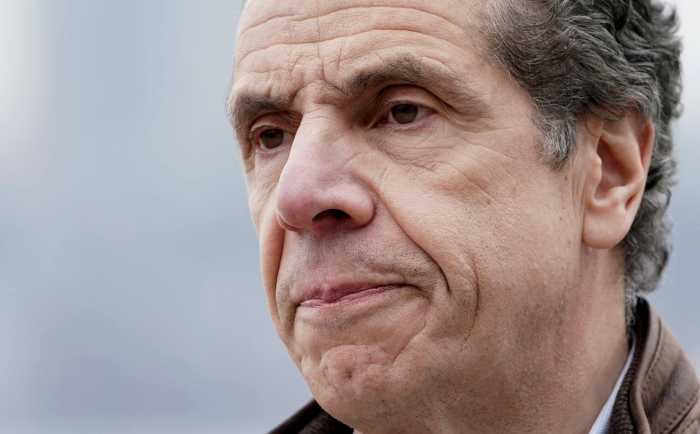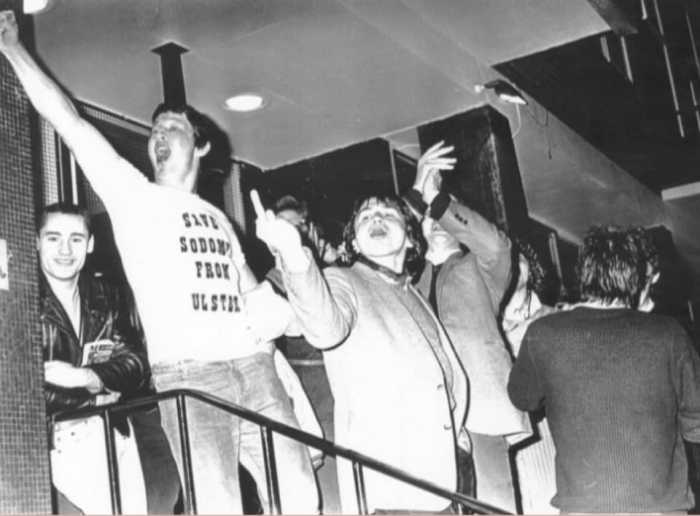Nearly two dozen queer Ugandans whose shelter was raided under the guise of coronavirus regulations have been released from jail after spending almost two months locked up on bogus charges.
Children of the Sun Foundation (COSF), an LGBTQ organization in Uganda that operated the raided shelter in the nation’s capital of Kampala, announced on May 18 that a court ordered the release of 19 homeless LGBTQ individuals, including LGBTQ youth, after prosecutors scrapped charges of “doing a neglect act likely to spread infection of disease,” referring to COVID-19. The March 29 arrests were viewed as suspicious from the beginning due to a culture of homophobia and strict anti-LGBTQ laws in Uganda data back to British colonial rule.
Upon their release, COSF thanked other queer groups in the nation — including Sexual Minorities Uganda (SMUG) — for standing with the jailed youth, but there also appeared to be international pressure from Europe after LGBTQ advocates filed a petition with the United Nations’ Working Group on Arbitrary Detention.
Queer shelter residents get charges dropped after nearly two months behind bars
Among those who were jailed and subsequently released included gay, bisexual, and transgender individuals, according to Reuters.
“We are finally out of Kitalya prison,” COSF wrote in a Facebook post before thanking the Irish Embassy and human rights groups made known their support for the jailed youth. On the following day, COSF’s Facebook page stated that the organization’s executive director met with the Irish and Danish ambassadors to Uganda.
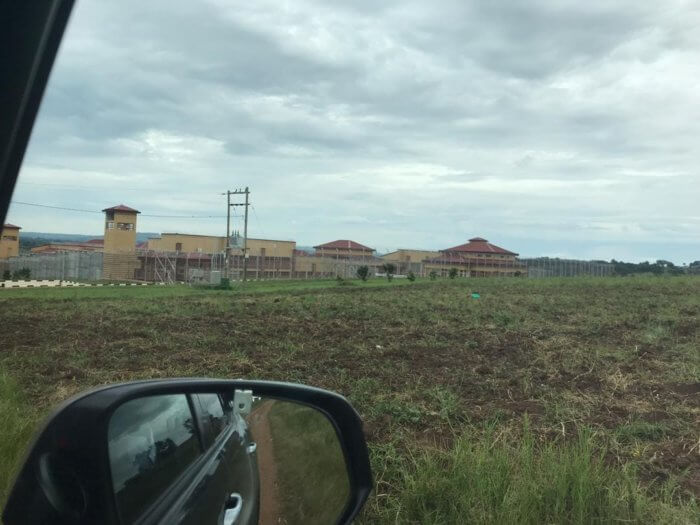
According to a tweet by Ireland’s embassy in Kampala, Ambassador William Carlos met with the United Nation’s human rights team in Uganda on May 5 along with unnamed Danish, German, and Swedish diplomats to discuss “the current human rights in Uganda.”
There are lingering concerns about the health of the HIV-positive shelter residents after they toiled behind bars in recent months. Attorneys representing them said those living with HIV did not receive their necessary medication, while others reported symptoms of malaria and typhoid, according to Reuters
Those health challenges piled added insult to injury after victims were initially beaten and taunted due to their sexual orientation when they were hauled off to jail. The motivation behind the raid appeared to have been tied to the individuals’ sexual orientation or gender identity.
“Information gathered shows that the community members in the area and the leadership were worried about the ‘homosexual’ behavior of the youths who they believed to be a bad influence in the area,” the Human Rights Awareness and Promotion Forum, which provides legal representation to marginalized people in Uganda, said in a written statement at the time of the arrests.
Hajj Abdul Kiyimba, the mayor of the local municipality, approved the raid and took matters into his own hands, physically assaulting two individuals and interrogating them about their sexual orientation, attorneys said at the time. Cops then tore through the shelter digging for evidence of homosexuality and confiscating bottles of PrEP, HIV testing kids, and condoms.
The mass arrests represented a prime example of how a nation has used coronavirus protective measures to overpolice queer individuals housed together because they had no other choice. The rights of the victims were further infringed when lawyers were initially unable to meet with them because Uganda did not deem attorneys essential workers. Finally, in mid-May, COSF noted in a Facebook post that attorneys were able to consult with their clients.
“A team of lawyers was granted unrestricted access to Kitalya prison where the 19 are currently being remanded,” COSF stated in a May 15 post. “They expressed the pain they have encountered during their remand amongst which is stigma and discrimination from not only the prison wardens but also fellow inmates among other many concerns.”
Now, with the individuals finally released, organizations like SMUG and COSF are looking ahead to the looming challenges facing the victims as they re-enter society. Frank Mugisha, the executive director of SMUG, said in a written statement that his organization is now tasked with connecting those individuals to medical treatment, psycho-social support, and a safe home environment.
“This tormenting of the LGBTIQ community has to end,” Mugisha said. “I appeal to law enforcement officers to refrain from using their powers to harass and target LGBTIQ people.”
There is serious concern that the COVID-19 pandemic is causing significant disruptions in queer health services and HIV treatment in sub-Saharan Africa and Uganda in particular. The Mbarara Rise Foundation, a group made up of activists and educators focused on health services and human rights of queer people in western Uganda, said in mid-April that the mass layoffs and broader economic downturn caused by the crisis has led to such food insecurity in the nation that HIV-positive people have stopped treatment because the medication cannot be taken on an empty stomach.
Meanwhile, the Joint United Nations Programme on HIV/AIDS and the World Health Organization warned that disruptions in healthcare services during the pandemic could lead to 500,000 more AIDS-related deaths in sub-Saharan Africa by 2021, which would be twice the death toll seen just two years ago.
To sign up for the Gay City News email newsletter, visit gaycitynews.com/newsletter.

